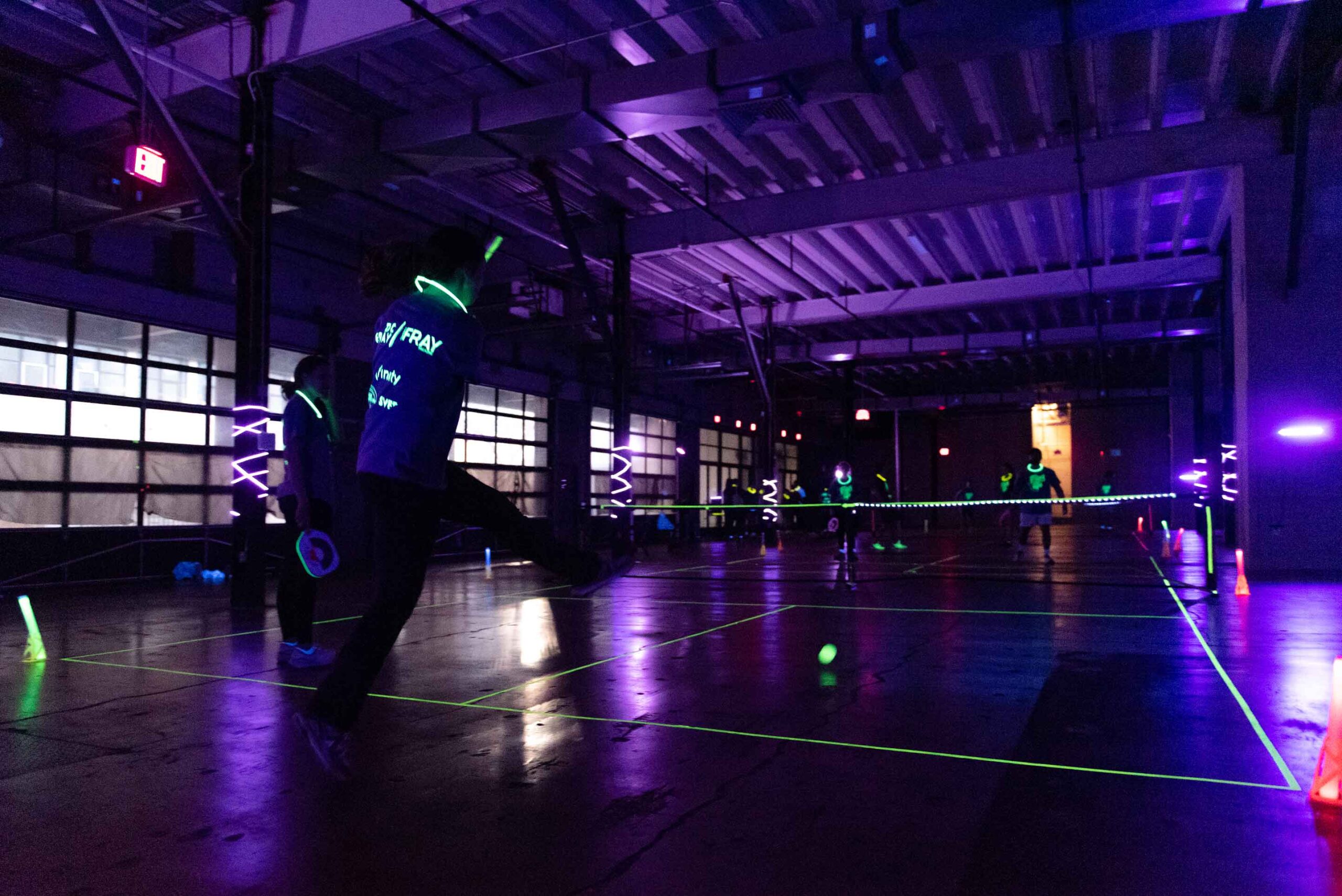Cosmic Pickle: The Out-of-This-World Phenomenon Everyone’s Talking About
Let’s be honest, the term “cosmic pickle” sounds like something straight outta a sci-fi movie, right? But here’s the twist—it’s not just some random buzzword floating around on the internet. Cosmic pickle is actually a mind-blowing concept that combines the wonders of space with the humble pickle, creating a whole new level of intrigue. Whether you’re a space enthusiast, a foodie, or just someone who loves quirky stuff, this topic has something for everyone. So buckle up, because we’re diving deep into the universe of cosmic pickles!
Now, you might be wondering, “What even is a cosmic pickle?” Great question! At its core, it’s the idea of pickles being exposed to cosmic conditions—like outer space—and how that changes them. It’s not just about sending cucumbers to space, though. There’s a whole lot of science, history, and fun facts behind it. Stick around, because we’re about to uncover the secrets of this galactic phenomenon.
And before you roll your eyes thinking this is just some random trend, let me tell ya—it’s legit. Scientists, food experts, and even astronauts have weighed in on the cosmic pickle craze. So if you’re ready to learn why pickles and space are the ultimate duo, keep reading. Trust me, this is one ride you don’t wanna miss.
Read also:Liv Schmidts Weight Loss Advice Your Ultimate Guide To Transformation
Table of Contents
- What is Cosmic Pickle?
- The Fascinating History of Cosmic Pickle
- The Science Behind Cosmic Pickle
- Why Study Cosmic Pickle?
- Cosmic Pickle Experiments in Space
- Impact on the Food Industry
- Fun Facts About Cosmic Pickle
- How to Make Your Own Cosmic Pickle
- Cosmic Pickle in Pop Culture
- The Future of Cosmic Pickle
What is Cosmic Pickle?
Alright, let’s break it down. A cosmic pickle is basically a regular old pickle that’s been sent to space or exposed to cosmic radiation. But don’t think for a second that it’s just a novelty act. This isn’t your grandma’s dill pickle we’re talking about. Cosmic pickles are part of a larger scientific experiment to understand how food behaves in extreme environments, like the vacuum of space. Think about it—what happens when a pickle gets blasted with cosmic rays? Does it change color? Taste? Texture? These are all questions scientists are trying to answer.
What Makes Cosmic Pickles So Special?
What sets cosmic pickles apart from regular ones is their journey. Imagine a pickle orbiting Earth at 17,000 miles per hour. That’s no ordinary cucumber, my friend. The exposure to cosmic radiation, microgravity, and extreme temperatures can alter the molecular structure of the pickle, potentially changing its flavor and nutritional value. Some scientists even believe that cosmic pickles could hold the key to developing space-ready food for long-term missions.
The Fascinating History of Cosmic Pickle
Believe it or not, cosmic pickles have been around longer than you think. The idea of sending food to space dates back to the early days of space exploration. NASA has been experimenting with food preservation techniques since the Apollo missions. But it wasn’t until recently that pickles got their moment in the spotlight. In 2016, astronauts aboard the International Space Station (ISS) conducted an experiment involving pickles, and the results were mind-blowing.
Key Milestones in Cosmic Pickle History
- 1960s: NASA begins testing food for space missions.
- 2016: Pickles are sent to the ISS for experimentation.
- 2020: Cosmic pickle experiments gain mainstream attention.
The Science Behind Cosmic Pickle
So, what exactly happens when a pickle goes to space? Let’s dive into the science. Cosmic rays, which are high-energy particles from outer space, can penetrate the pickle’s molecular structure. This can lead to changes in its chemical composition, affecting everything from its taste to its shelf life. Additionally, the lack of gravity in space can cause the pickle’s brine to behave differently, leading to unique fermentation processes.
How Does Microgravity Affect Pickles?
In microgravity, liquids don’t behave the way they do on Earth. Instead of pooling at the bottom of the jar, the brine spreads out evenly around the pickle. This can result in a more uniform fermentation process, potentially creating a pickle with a richer flavor profile. Scientists are still studying the long-term effects of microgravity on food, but early results are promising.
Why Study Cosmic Pickle?
Studying cosmic pickles isn’t just about satisfying our curiosity. It’s about preparing for the future of space exploration. As humans venture further into space, we’ll need food that can withstand the harsh conditions of the cosmos. Cosmic pickles could provide valuable insights into how to preserve food for long-term missions, like those to Mars. Plus, who wouldn’t want to munch on a space pickle during their intergalactic journey?
Read also:Lena Polanski A Rising Star In The Spotlight
Cosmic Pickle Experiments in Space
Experiments involving cosmic pickles have been conducted on various space missions. Astronauts aboard the ISS have reported that cosmic pickles taste slightly different from their Earth-bound counterparts. Some describe the flavor as more intense, while others note a subtle sweetness. These observations are helping scientists understand how cosmic conditions affect food at a molecular level.
Notable Cosmic Pickle Experiments
- ISS Experiment 2016: Pickles exposed to cosmic radiation for six months.
- SpaceX Mission 2020: Pickles sent to orbit for three weeks.
Impact on the Food Industry
The cosmic pickle phenomenon has already started to influence the food industry. Companies are exploring ways to replicate the effects of cosmic radiation on food using advanced technology. This could lead to new preservation methods and even the development of space-inspired snacks. Imagine walking into your local grocery store and finding a shelf dedicated to cosmic pickles. Sounds pretty cool, right?
How Can Cosmic Pickles Benefit Consumers?
Beyond their novelty factor, cosmic pickles could offer real benefits to consumers. The changes in flavor and texture could appeal to adventurous eaters, while the extended shelf life could reduce food waste. Additionally, the study of cosmic pickles could lead to breakthroughs in food science, benefiting industries far beyond just pickles.
Fun Facts About Cosmic Pickle
Here are some fun facts about cosmic pickles that’ll blow your mind:
- Cosmic pickles can stay fresh for up to two years without refrigeration.
- They’ve been featured in several sci-fi movies and TV shows.
- Astronauts have been known to snack on cosmic pickles during spacewalks.
How to Make Your Own Cosmic Pickle
While you might not have access to a rocket ship, you can still create your own version of a cosmic pickle at home. Here’s how:
- Start with fresh cucumbers and a good-quality brine.
- Simulate microgravity by placing the pickles in a vacuum-sealed container.
- Expose the pickles to UV light to mimic cosmic radiation.
- Let them ferment for a few weeks, and voilà—your very own cosmic pickle!
Cosmic Pickle in Pop Culture
Cosmic pickles have made their way into pop culture, inspiring everything from memes to TV shows. They’ve even been referenced in hit movies like "The Martian" and "Interstellar." Celebrities like Elon Musk and Neil deGrasse Tyson have chimed in on the cosmic pickle craze, adding to its growing popularity. It’s safe to say that cosmic pickles have become a cultural phenomenon.
The Future of Cosmic Pickle
As space exploration continues to evolve, so too will the study of cosmic pickles. Scientists are already planning more experiments to further understand their properties. Who knows? One day, cosmic pickles might become a staple on interplanetary menus. Until then, we’ll just have to enjoy them here on Earth—or maybe on the ISS if we’re lucky enough to visit.
What’s Next for Cosmic Pickles?
Future experiments may focus on creating new flavors and textures by exposing pickles to different cosmic conditions. Some researchers are even exploring the possibility of growing cucumbers in space and fermenting them into pickles. The possibilities are endless, and the cosmic pickle craze shows no signs of slowing down anytime soon.
In conclusion, cosmic pickles are more than just a quirky concept—they’re a fascinating intersection of science, food, and space exploration. Whether you’re a space enthusiast, a foodie, or just someone who loves weird and wonderful things, there’s something for everyone in the world of cosmic pickles. So why not jump on the cosmic pickle bandwagon and see where it takes you? And don’t forget to share this article with your friends—they’ll thank you for it. Trust me, this is one story you won’t want to keep to yourself.


